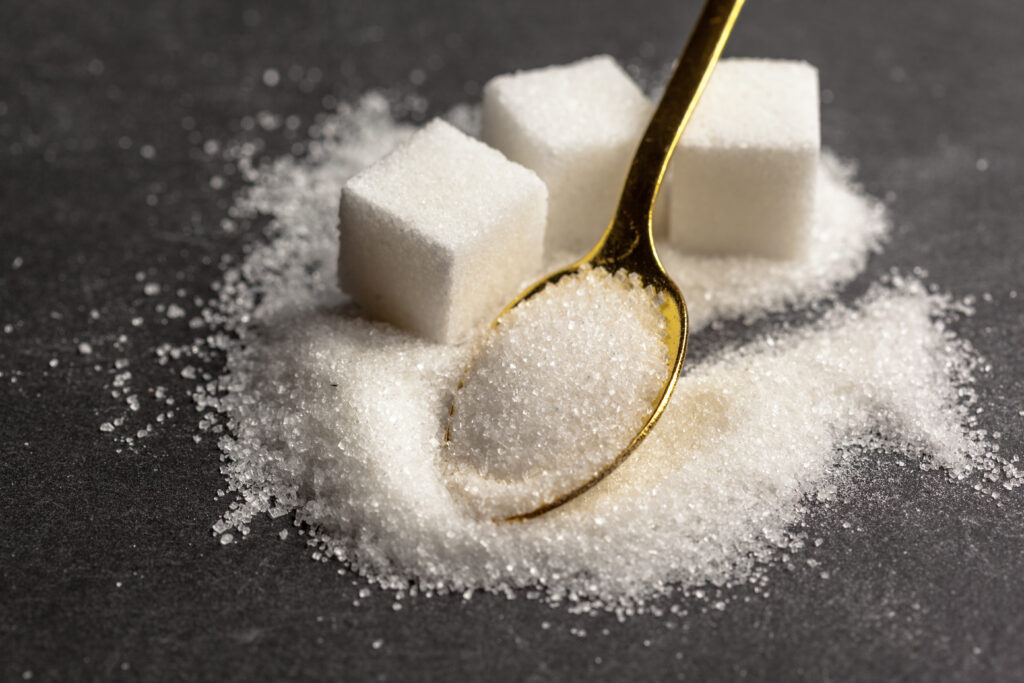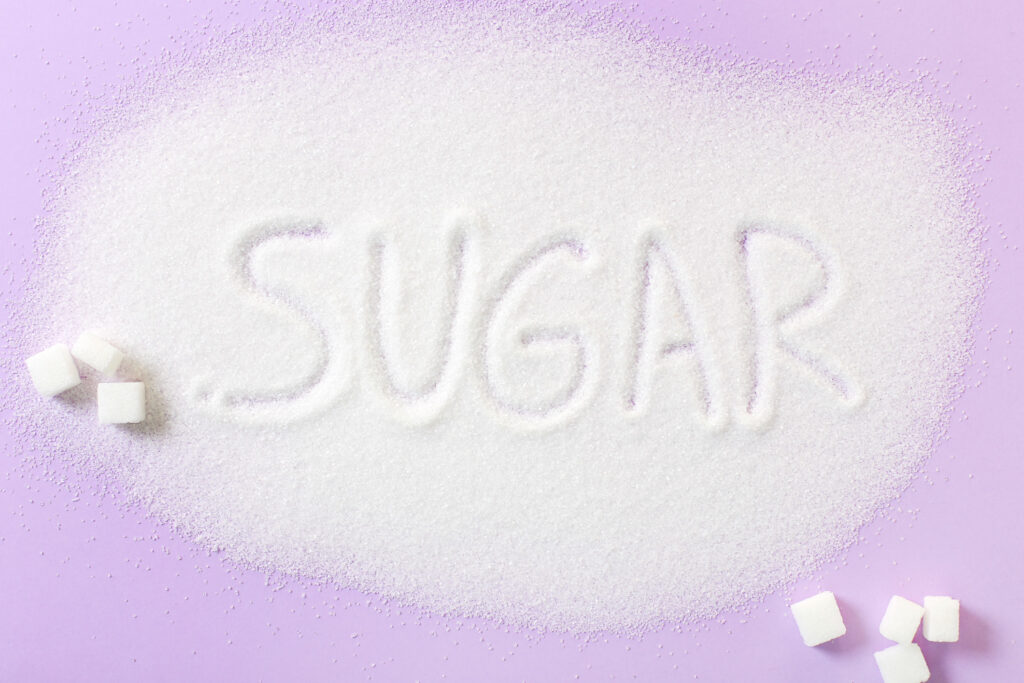The number of diabetes patients is increasing rapidly worldwide. If you have sugar disease, it is very important to keep blood sugar level control tips under control. For sugar, diabetics should also take medicines and avoid certain foods. The amount of sugar in the body often drops suddenly. This condition is called hypoglycemia. Hypoglycemia can be fatal. In such a situation it is very important for diabetic patients to be careful. https://balakrishnablog.com/blogs/
Thank you for reading this post, don't forget to subscribe!A sudden drop in blood sugar levels can be dangerous. This may cause the patient to go into a coma. Low blood sugar levels can become dangerous. Blood sugar levels below 70 mg/dL are considered dangerous. If this level of sugar drops to 40 to 30 mg/dL, the patient may go into a coma or die.

Why does diabetes occur?
When we eat carbohydrates, our body breaks them down and turns them into sugar. Insulin, a hormone produced in the pancreas, tells our body cells to absorb that sugar for energy. When this insulin is not produced, or when it does not work properly, the blood sugar becomes high. That’s how diabetes comes. Even the food we eat contains sugar. https://www.youtube.com/watch?v=Fp2SB5VN_OE
Eating too much food can also increase the sugar levels in the body. If the body does not have the ability to control it, diabetes will gradually develop. The extra sugar that the body receives from the food we eat is stored in the liver. When we do physical exertion, the body gets the energy it needs from sugar. That is, the sugar in the liver is available to the body. However, the liver does not store sugars beyond its capacity. The resulting sugars are then excreted through the urine. If there is frequent urination. It must be recognized that it is an indication of diabetes. If neglected.. it affects the kidneys. https://www.youtube.com/watch?v=1G41SC5uXjo
Insulin is essential for the body.

Pancreas produces insulin in the body. It plays a key role in digesting the sugar in food. The function of the pancreas is to convert sugar into glucose and store it and send it to various parts of the body. When food is digested, the sugar in it is converted into glucose and enters the blood. However.. it should be suitable for the body. Too much or too little is a problem. Hence, nutritionists say to eat a balanced diet. Glucose is produced at high levels when we eat more food. It is converted into fat and stored. Insulin is essential for this process to take place properly. Without insulin, all the glucose stays in the blood, and, health problems arise. The pancreas does not release enough insulin to increase the level of glucose in the body.
Some other causes that lead to diabetes
Many people develop diabetes at a young age due to a high-fat diet and lack of physical activity. Lack of proper meals and sleep leads to diabetes. Type-2 diabetes is inherited from parents or grandparents. Viral infections and hormonal imbalances can also cause diabetes. Diabetes is a total of three arrivals. Typhigh-fate-1, Type-and 2 are important. Type-1 diabetes is the type of diabetes that is contracted from childhood. Type-1 diabetes requires insulin for the rest of your life.

Its characteristics
Body sweating, blurred vision, or sudden increase in heart rate and sudden chills. Suddenly the skin turns yellow. Feeling weak, and feeling too little or too hungry. Frequent urination. Very thirsty. Throat feels dry. Unexplained weight loss, feeling very lethargic, blurred vision, gum infections. Wounds on the body do not heal quickly. Excessive hunger. Loss of sensation in the legs. Some people get leg cramps. If the blood sugar level rises beyond that, it is like diabetes. Some may experience frequent fatigue, vomiting, diarrhoea, skin and genital infections. Itching in testicles. Burning in the penis, loss of sexual desire, wrinkling of the skin. Most people are diagnosed with blood vessel, kidney and heart problems.
What percentage should blood glucose levels?
If the blood glucose level is below 100 mg in the blood test, it means that you do not have diabetes. Above 126 mg is diabetes. A postprandial blood test shows a glucose level between 140 mg and 200 mg. But, more than 200 mg should be suspected as diabetes. Diabetes can only be diagnosed with an oral glucose tolerance test.
Follow these tips when sugar is low.
If you feel your blood sugar has dropped, first sit up and keep your head up. Drink ice cream or cream biscuits or sugar solution if you have it immediately. If there is glucose powder nearby, eat a teaspoon of glucose powder immediately. You should do physical activity every day. Exercise for at least 30 minutes a day. When you have to sit and work for a long time in offices. get up in between and do small exercises. Stay away from junk food, fast food, junk food, etc. People with diabetes should take medicines prescribed by doctors regularly. Pregnant women are more likely to develop diabetes.
In some, diabetes may persist even after delivery. Eat as much as your body needs.People who do regular physical activity should consume 1,800 to 2,200 calories per day. People who do a lot of physical activity should eat 2,500 calories. Do not eat more than this. Follow the doctor’s instructions in case of diabetes. Keep an eye out for loose skin, wounds, sores, etc. on the feet.
